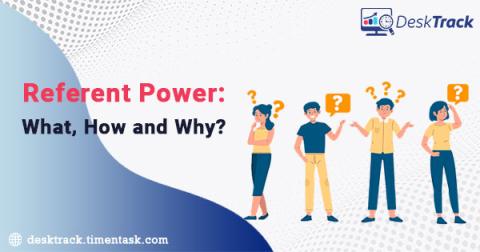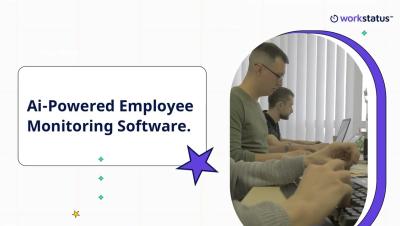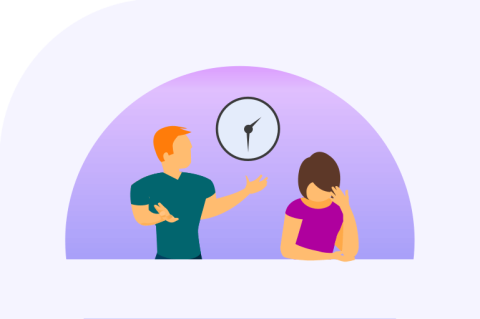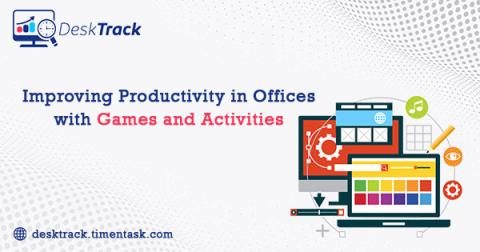Teams | Collaboration | Customer Service | Project Management
Employee Monitoring
Preventing Employee Burnout: A Holistic Approach
In an age where productivity reigns supreme, employee burnout lurks in the shadows. Dive into our comprehensive guide on understanding, preventing, and mitigating burnout. Explore data-driven insights on employee burnout and discover holistic strategies, including the transformative role of Insightful's remote employee management software, to foster a healthier, more resilient work environment.
Managing Non-Compliant Applications: A Proactive Approach to Risk Management
Navigate the challenges of non-compliant applications in the modern business landscape. Explore comprehensive desktop monitoring and management solutions to bolster security, maintain compliance, and foster a culture of proactive risk management.
Values of Idle Time Tracking for Businesses
Beyond the Ordinary: Exploring Game-Changing Productivity Books
Pursuing productivity has become a relentless journey in a world that never stops moving. We all strive to accomplish more in less time, to unlock our full potential, and to soar beyond the ordinary. But how do we embark on this quest for peak efficiency and effectiveness? The answer often lies in the wisdom and insights found within the pages of books.
Revolutionise Your Workforce with Workstatus Employee Productivity Software.
Reclaiming Our Stolen Focus in the Digital Age
Explore the modern "attention crisis" dissected in Johann Hari's "Stolen Focus" and discover actionable strategies for individuals and workplaces to combat digital distractions. In addition, discover how monitoring remote workers productivity and timekeeping for remote employees can help keep distractions at a minimum and productivity at it’s highest.
Having Trouble With Being Productive? Here Is How to Find Your Most Productive Hours
In this post, we will help you find your most productive hours so that you can optimize your day for maximum efficiency.
From Paper To Digital: The Evolution of Employee Time Sheet Management
In 1913, the concept of tracking hours in a professional setting took a significant leap forward, thanks to Reginald Heber Smith, a lawyer with a vision for greater organization. To enhance efficiency and accessibility in his law firm, Smith introduced the practice of recording hours worked on cases, a method that later became known as “billable hours.” This innovative approach transformed the legal industry and impacted various professionals, from independent contractors to freelancers.










